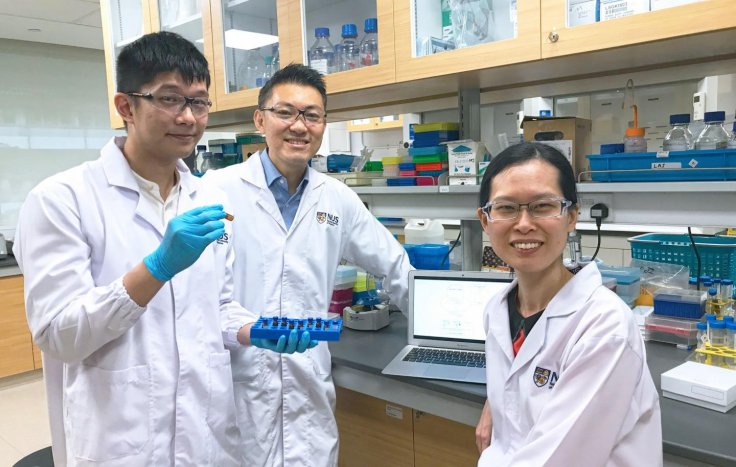
A team of researchers from National University of Singapore (NUS) has found the biologial determinant for the "chemobrain"-- a term used to describe the effects of cancer and chemotherapy.
This recent study, led by Associate Professor Chan, with his team, recognized the plasma levels of dehydroepiandrosterone (DHEA) and its sulfated form (DHEAS) - jointly referred to as DHEA(S) or biological determinants of chemobrain.
As per American Cancer Society, chemobrain is a "cancer treatment-related cognitive impairment, cancer-therapy associated cognitive change, or post-chemotherapy cognitive impairment"-- implying any reduction in mental abilities caused due to chemotherapy.
WebMD has stated that DHEA(S) is a chemical involved in producing other hormones; its fluctuation can affect the functioning of the adrenaline glands and liver.
In an experiment conducted, 81 patients were made to participate in a three-stage test. While the first stage was a questionnaire to assess mental abilities, the second stage involved computerized neuropsychological test and the last stage was a questionnaire to assess the subjective effects on health.
Their studies show that patients in early stages of cancer, with high DHEA(S) levels, are less prone to developing chemobrain. Their vocal fluency and mental acuity seemed unperturbed, when compared to those with lesser levels of DHEA(S).
"By identifying the clinically relevant factors which pre-dispose patients to chemobrain, more appropriate interventions can be tailored accordingly to patients who are at a higher risk of developing cognitive impairment," explained Chan.
This study was published in "Pharmacotherapy: The Journal of Human Pharmacology and Drug Therapy on March 20.
These tests would help determine the extent of effects that cancer and chemotherapy have on memory, verbal fluency, concentration, attention, and health.
Chan's team is now exploring new research frontiers and looking at developing potential therapeutic interventions. They aim to improve the quality of life and to help restore normalcy in cancer survivors.









